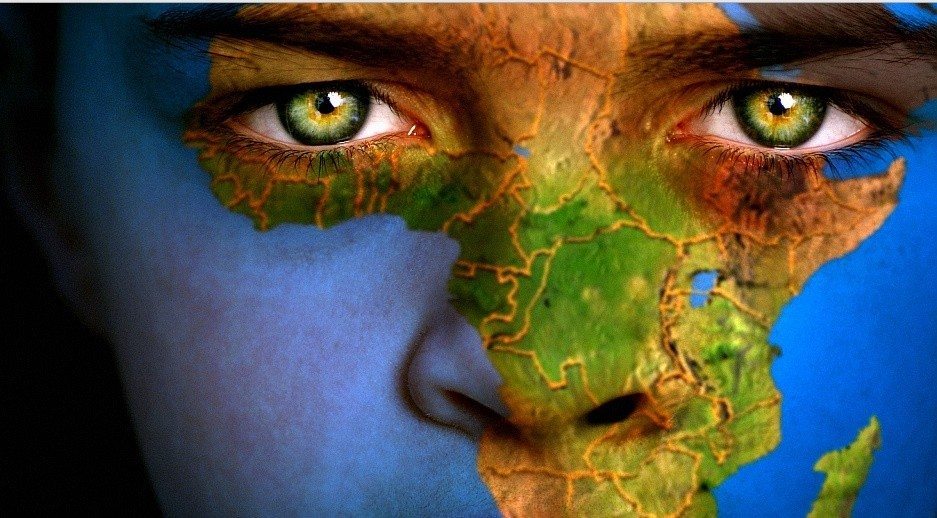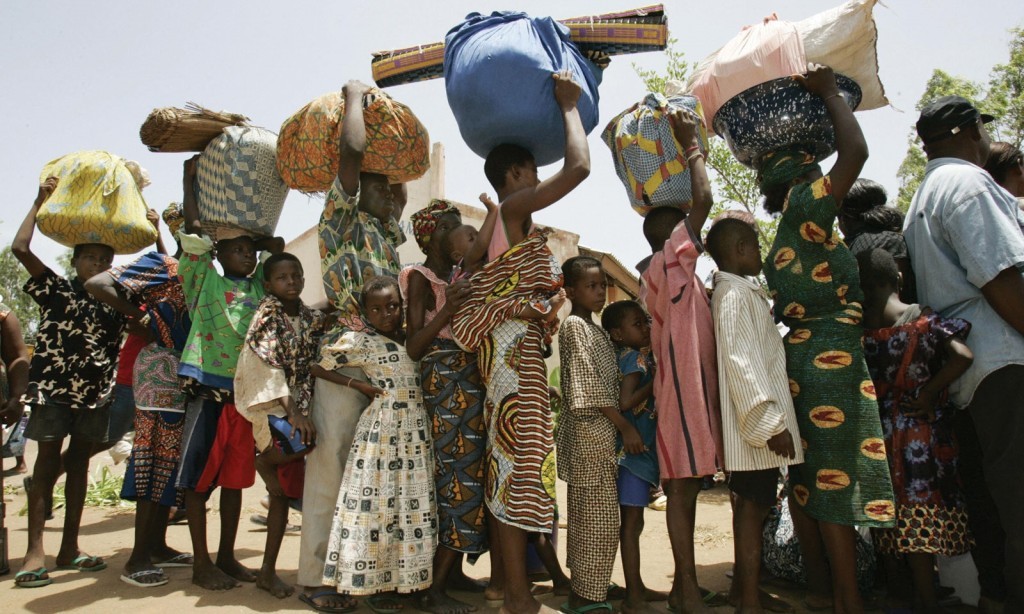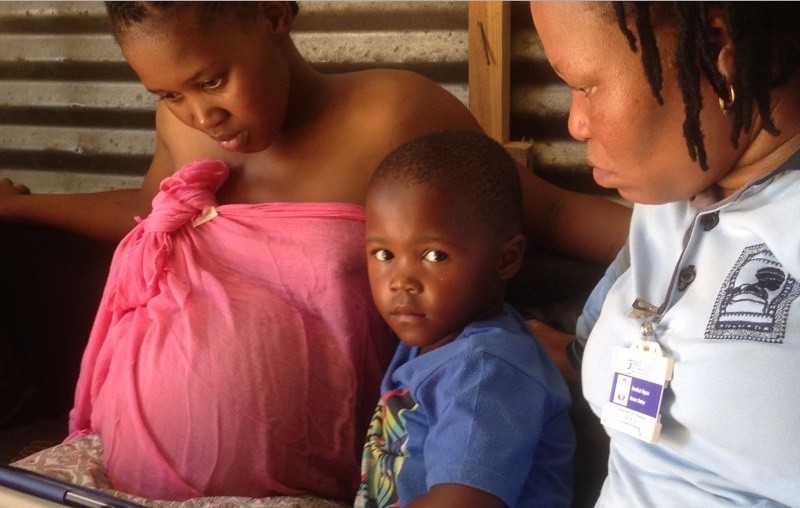The African Population is fast growing with an estimated number of 1.2 billion people. This is detected from the visible growth in the continent’s most populous nations with Nigeria-184,264,000, Ethiopia- 90,076,000, Egypt- 88,523,000, Democratic Republic of the Congo- 77,267,000, and South Africa- 54,957,000. It is predicted that Africa will be home to about 4 billion people by the end of the century.
Once a child is born, there’s joy, it’s one of the most beautiful things to celebrate and be happy about. But when you consider the possible affordable and conducive future for this child, you might want to pause and take some quiet time to the necessary planning. Africa as a growing continent has its ups and downs. Records posit that by the year 2050, Africa should be set to redefine or expand her borders. The concern of the possible outrunning of the consumption demand against available natural supplies is making African leaders seek extra measures to ensure a long serving and potent policy that will salvage the continent in that regard.
See Also: 10 African Countries With The Highest Military Strength And Fire Power
Judging from the lyrics of the victimized Nigerian star, Idris Abdukareem, in one of his revolutionary songs on the way forward for Nigeria and Africa at large, one could understand his concern for the future of the nation. An African proverb says, he whose house is on fire, does not chase rats. That’s a philosophical fact that should refocus the path of our leaders. Just like everything else in the world, there must be growth; people grow, plants grow, children do, animals grow too. Africa is growing and will continue to do so, particularly in the angle of population.
As it is, the continent still struggles to grow and stabilize her economy, by implication, striving to make the lives of the people better than it used to be. Currently, Africa is a continent of 1.2 billion people, five times the size in 1950. It is believed that by the end of the century, the world will be home to 11 billion people, and Africa will be housing well over 4 billion people, 40% of humanity. It is baffling that irrespective of the health and war threats to the continent’s population, the number is visibly on the high side.
Unicef’s Generation 2030/Africa Report reveals a massive movement in the world’s population towards Africa:
“High-fertility rates and rising numbers of women of reproductive age mean that given current trends, over the next 35 years nearly 2 billion babies will be born in Africa, the continent’s population will double in size, and its under-18 population will increase by two-thirds, to almost a billion children. National action plans must adapt to these demographic shifts. Generation 2030 / Africa calls specifically for expanded access to reproductive health services, girls’ education and empowerment, and stronger civil registration and vital statistics systems…”
A critical analysis of child demography was conducted in Africa, and it was found that in 2015, 9 out of 10 babies born are from the lower or middle class social status, while 3 in 10 babies in Africa are from conflicting countries. In summary, while the fertility rate of the working population decreases, the fertility rate of the poorest communities, increases. Besides family planning is a concept for the enlightened not for dwellers of rural communities with no access to health and information.
African leaders obviously have more work to do than they know. It is time to plan ahead, for posterity, for our children. Healthy and plausible policies should be made with the good of today and the future in mind. If the present living conditions in Africa does not improve in the nearest future, then we can only hope for a miracle in the living standards of the generations to come. Things can only get better or worse depending on how we tackle it, but we hopefully believe the best.
One commercial implication of the growing African population is in the aspect of consumerism. It’s like this, the economic insecurities promote the idea of the survival of the fittest, so as the population grows, there is increased demand to deal with hardship, thus, the influx of plenty into the world of entrepreneurship. As a successful plight, the private sector is gradually making a way for the betterment of the economy and by extension, making more room for international investments. As an advantage, the population of the African continent has made her an incredibly large market for not just western investors but also the desperate African money makers.
In the midst of the red alert on Africa, some still believe this analysis of predicting overpopulation in the world is only but a myth. Some see it as a western ploy to finally have the African continent where they want it – depopulation of the African continent for no special reason. Just like the Global warming rave, many doubted it, more so when it was clear to all that Africa’s contribution to the situation is not up to a quarter of what the western world has done with the planet.
See Also: Top 10 Power Family Businesses In Africa
While we still keep up with the good work of cherishing our greenery, the ‘unbelievers’ of this overpopulation theory insist that Africa should also cherish our values and not fall into the trap of the western world, to pose as indispensable heroes who have the key to ‘mold ‘Africa. Perhaps this is a scientific scam to lure Africans to the use of contraception and legalization of abortions which are not welcome in the African culture. The major controversy about the threatening implication of a denser African population is with regards to possible domination and increased frequency of Africans in global decision making. The ‘unbelievers’ view the 2050 overpopulation analysis as a concern though, but more of a potential addition to past failed predictions of the world.
No matter what the outcome and truth really is, Africa still needs to invest in the education and health sector of her countries. That is the only way to fully understand and know what it is we have to do. The multiplication of people is not the problem, what is, is the negligence of these growing communities. Education enlightens you and makes you more aware of your environment while a good health helps you value life and all that comes with it. The children of today will someday lead the nations, it is time to invest in them through adequate health care and affordable education. If they know better, they have every chance to do better. Africa can multiply two times over and nothing could get so wrong, why? because capable hands have been raised. There won’t be any need to worry.




